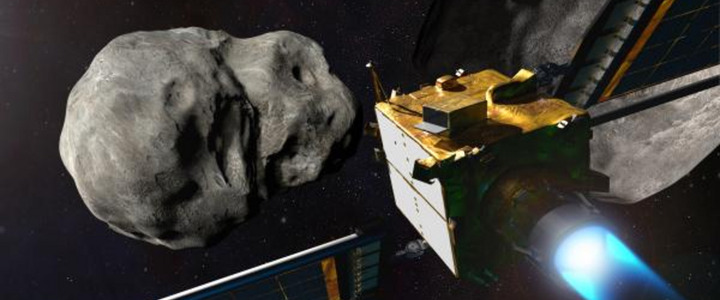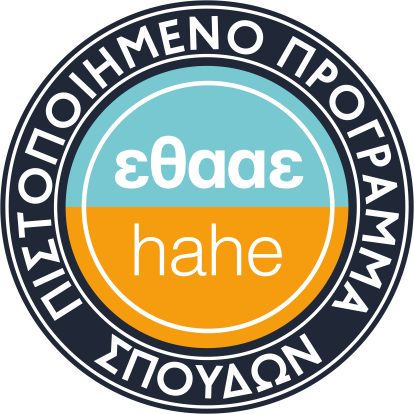
University of Colorado Distinguished Professor
A. Richard Seebass Chair
National Academy Member Colorado Center for Astrodynamics Research (CCAR)
Ενημέρωση 08/03: Η ομιλία αναβάλλεται και θα προγραμματιστεί εκ νέου σε νέα ημερομηνία.
Ενημέρωση 09/03: To σεμινάριο θα λάβει χώρα ηλεκτρονικά αύριο Παρασκευή 10/3/2023 και ώρα 12:15 στον σύνδεσμο .
ABSTRACT:
Binary asteroids are found frequently within the small Near Earth Asteroid (NEA) population, with about 15% of all asteroids believed to be binaries. However, there are reasons to believe that the processes that create binary asteroids are the same that drive the overall evolution of small rubble pile asteroid morphologies. This talk will outline how the processes that create binary asteroids should shape many other aspects of the small asteroid population. Motivated by this, it becomes clear that space missions that explore binary asteroids will also provide insight and understanding on the overall evolution of the small body population in the solar system. We will introduce a few planned missions to binary asteroids that will investigate these bodies in detail for the first time. Beyond these planned missions there are also many other possible approaches to exploring binary asteroids that could further unveil the formation mechanics of these systems, and hence shed insight on the small body population.
Daniel J. Scheeres is a Distinguished Professor in the Smead Department of Aerospace Engineering Sciences, University of Colorado, and holds the A. Richard Seebass Endowed Chair. He has degrees in Aerospace Engineering from the University of Michigan. Scheeres is a member of the National Academy of Engineering and the International Academy of Astronautics and is a Fellow of the American Institute of Aeronautics and Astronautics and of the American Astronautical Society.


